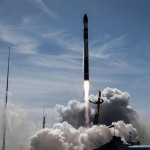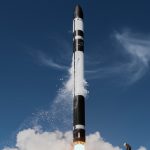← Back
Transforming South African Agriculture: The Power of Space Technology
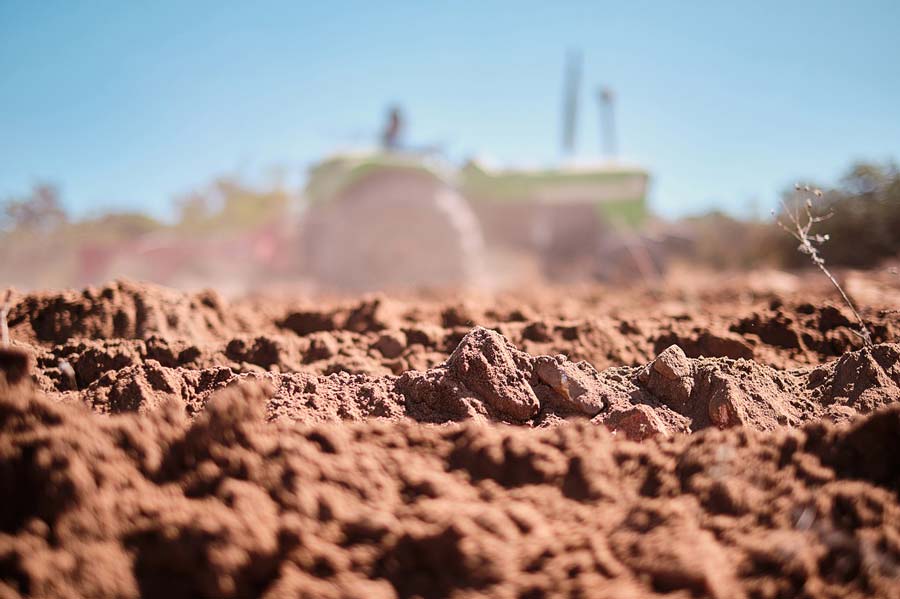
South African agriculture is anticipated to face a 17% water shortfall by 2030, creating a significant challenge for the industry.
Neville Boorman, an expert in smart agriculture and IoT Farming at CLS’ subsidiary, CLS Southern Africa, explains how Argos services, powered by CLS, are revolutionizing farming with advanced space technology.
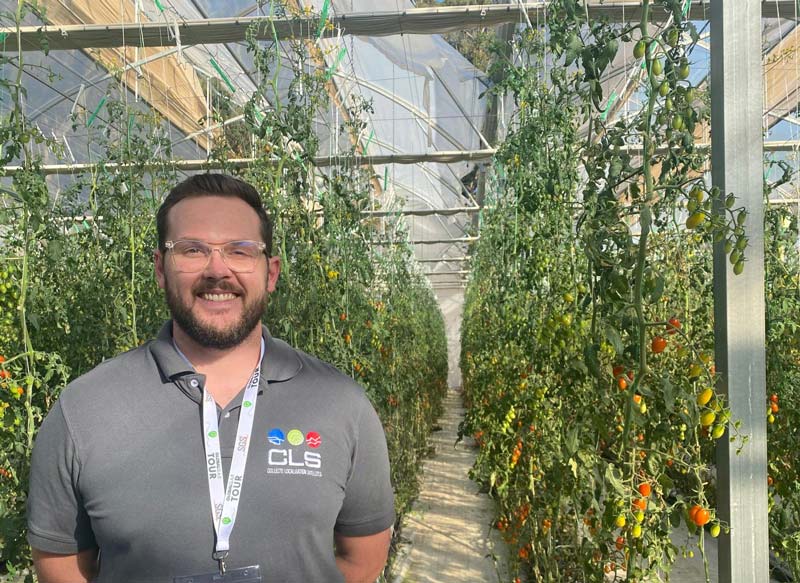
Neville Boorman, CLS Southern Africa
Neville, why is smart agriculture crucial for the future?
Traditional farming practices are proving inadequate. Connected agriculture not only enhances efficiency but also reduces the environmental footprint of farming.
Currently, we are experiencing a water crisis. Crop irrigation consumes 60% of South Africa’s water supply, and our diminishing water resources are endangering both rain-fed and irrigated crops.
What makes satellite-based solutions a game-changer for farming?
In South Africa, over 50% of arable land lacks GSM coverage, and maintaining terrestrial IoT networks is challenging due to theft, vandalism, and wildlife.
Argos Services offers global connectivity, even in the most remote areas, providing a reliable alternative that helps farmers comply with water regulations and enhance productivity.
Do you have a real-world example to share?
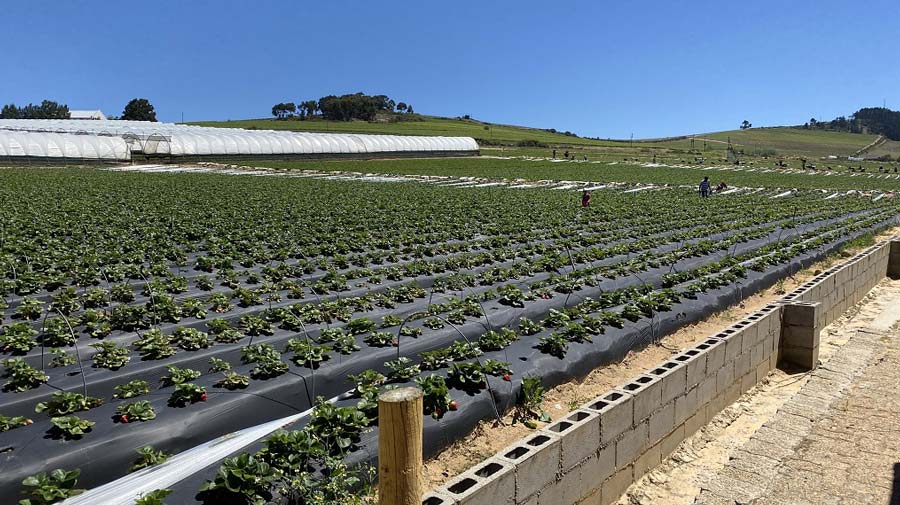 Certainly. By using connected probes, we have provided a strawberry farm with real-time analysis of soil moisture and oxygen levels, as well as precise irrigation control.
Certainly. By using connected probes, we have provided a strawberry farm with real-time analysis of soil moisture and oxygen levels, as well as precise irrigation control.
This information, obtained through our Argos services, enabled the farm to apply the optimal amount of stress to plants, increasing productivity and conserving water. For instance, the farm’s harvest increased from 10 tons per hectare to 25 tons per hectare after implementing connected probes.
What’s next?
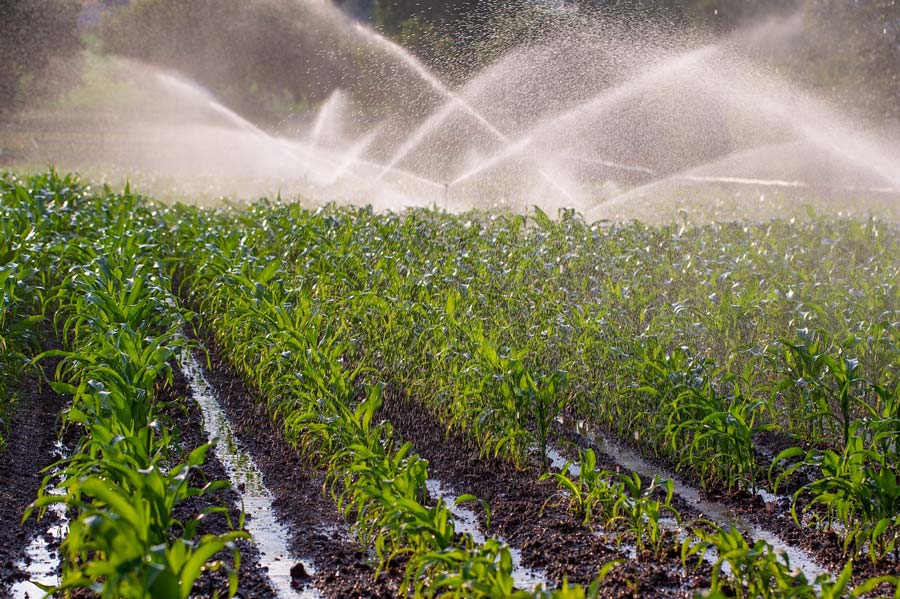 We are already well-established in the agricultural sector with ready-to-use systems globally. Building on this foundation, we aim to expand our network of partnerships with crop monitoring system developers to further enhance our capability in driving crop resilience and optimization.
We are already well-established in the agricultural sector with ready-to-use systems globally. Building on this foundation, we aim to expand our network of partnerships with crop monitoring system developers to further enhance our capability in driving crop resilience and optimization.
By closely collaborating with these partners, we integrate cutting-edge technological innovations into our solutions, ensuring precise management of agricultural resources, increased yields, and a reduced environmental footprint.
These efforts contribute to making sustainable agriculture achievable and accessible worldwide, addressing critical global challenges in food security and natural resource conservation.

